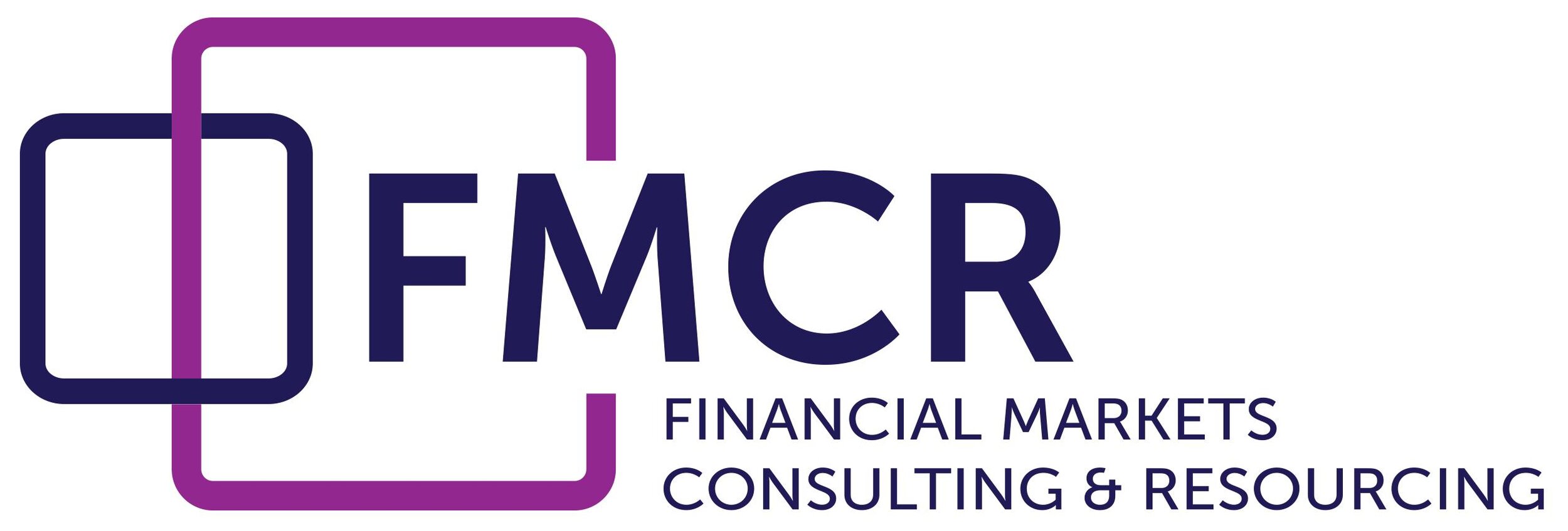Cum-Ex Trading - is your firm affected?
Two London traders faced criminal charges in court proceedings that began on 4th September in Germany’s elaborate tax case.[1]
The impact of the alleged tax trading scheme has been estimated at €55bn but could be over €80bn and is said to extend to Germany, Denmark, Austria, Belgium, France, Spain, Italy, the Netherlands, Finland, Norway and Switzerland.[2] The case is only just the beginning and the list of parties involved continues to grow.
What is Cum-Ex trading?
Before the change in law, in Germany and many European countries, both existing shareholders and buyers who bought shares around the dividend record date could be entitled to the dividend. This meant that multiple tax reclaims on a dividend tax that had only been paid once was possible if the seller was a short seller. In contrast, in the UK, only shareholders who already hold shares in their custody account on record date are entitled to receive the dividend.
Which counterparties were involved?
Investment Banks
Banks played pivotal roles in Cum-Ex trading and the involvement ranged from Investment Banks, Custodian Banks, and Clearing Banks to name a few. One of the most frequently mentioned trading desks within a bank related to Cum-Ex is Delta One. Delta One Trading desks typically handled dividend tax arbitrage transactions and some acted as counterparties to facilitate Cum-Ex transactions, in some cases acting as a Short Seller.
A Short Seller, sells shares they do not own, as opposed to a seller who sells shares already sitting in their custody account. A Short Seller would subsequently need to borrow or buy the shares to deliver to the buyer. A Cum-Ex trade requires a Short Seller to create duplicate or sometimes multiple tax reclaims on a dividend tax only paid once.
In order to deliver shares, a Short Seller may engage Securities Lending desks, also known as Equity Financing desks, predominantly teams sitting in large investment banks who facilitate settlement by borrowing and lending shares.
Hedge Funds, Institutional & Retail Clients
Investors or buyers making withholding tax reclaims came in many forms, varying from Hedge Funds to Pension Funds to Asset Managers to banks. Investment funds acted as investors as well as investment managers or arrangers and frequently utilised Prime Brokerage desks situated within a large financial institution to access a variety of banking services and the market. Services offered by Prime Brokers include securities lending, creating leveraged trading positions through financing, serving as intermediaries between other counterparties and offering capital introductions to find potential investors (including Family Offices and High Net Worth Individuals).
Clearing Banks & Custodian Banks
There were multiple components to a Cum-Ex transaction and tended to use both shares and futures. Futures are exchange traded products and required the involvement of Clearing Banks. Clearing Banks, also known as clearers or clearing brokers are typically banks that provide clearing services to clients. Exchange traded products require a clearing member to face the exchange on behalf of the end client. As part of the clearing service, clearing banks provide access to the relevant exchange through their membership and act as an intermediary to facilitate the trading and/or settlement of securities.
Both the seller and buyer in a Cum-Ex transaction would have their own appointed Custodian Bank, known simply as Custodians, who provide safeguarding of securities such as shares in custody or depository accounts. Custodians can provide a range of services from facilitating settlement of sales and purchases of securities, collect information on securities such as dividend size and timing of the annual general meeting, and administer corporate actions as well as withholding tax documentation sometimes including tax reclaim applications.
Law Firms & Accounting Firms
Many counterparties utilised advice from major law firms’ and accounting firms’ tax departments for advice on local tax law, structure and process of Cum-Ex.
From 2009, a withholding tax reclaim application in Germany required an independent statement from an Auditor or Tax Specialist Firm attesting that there was no collusion between the buyer and the seller of the shares.[3] This rule was put in place with the intention of ending duplicated withholding tax reclaims.
Interdealer Broker
In order to provide an appearance of no collusion between the buyer and the seller of the shares in a Cum-Ex trade, an Interdealer Broker could act as an intermediary to sit between the buyer or the buyer’s Prime Broker and the Short Seller. Sometimes Interdealer Brokers could even arrange or initiate the transaction.
So far, a number of banks, law firms, brokers, funds and accounting firms have been mentioned in various news articles. As time passes, the number of firms implicated in participating in the Cum-Ex party continues to grow.[4] It is still not clear how far the indictment will reach and what liability will be placed upon the different firms and individuals involved.
FMCR is an industry-recognised equity dividend arbitrage expert and is currently undertaking a multi-faceted investigation into high profile potentially irregular activities in several European markets.



